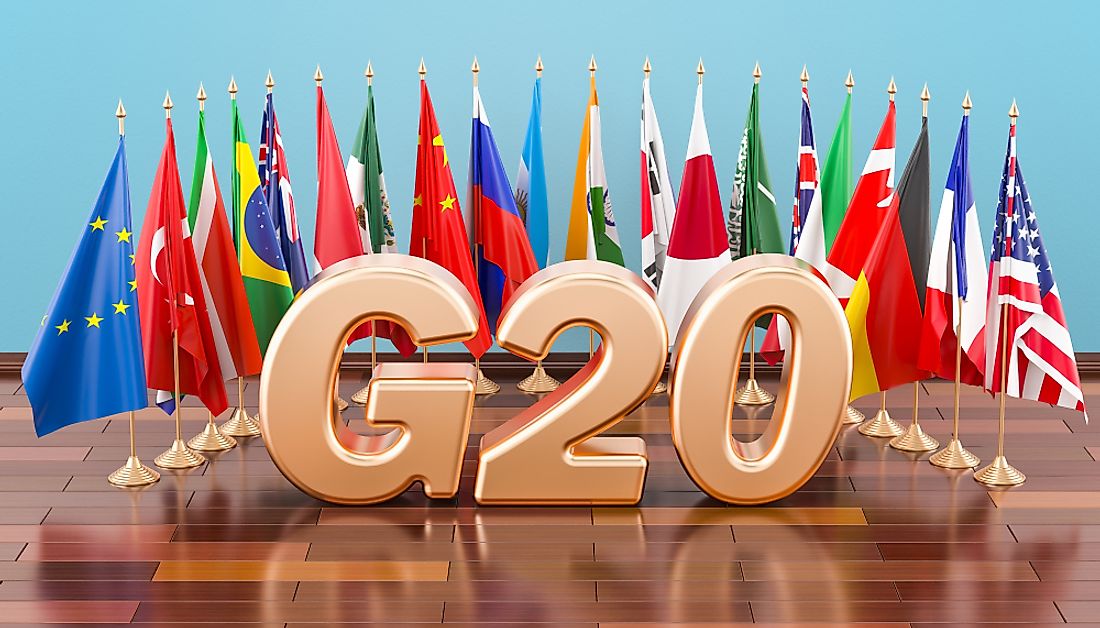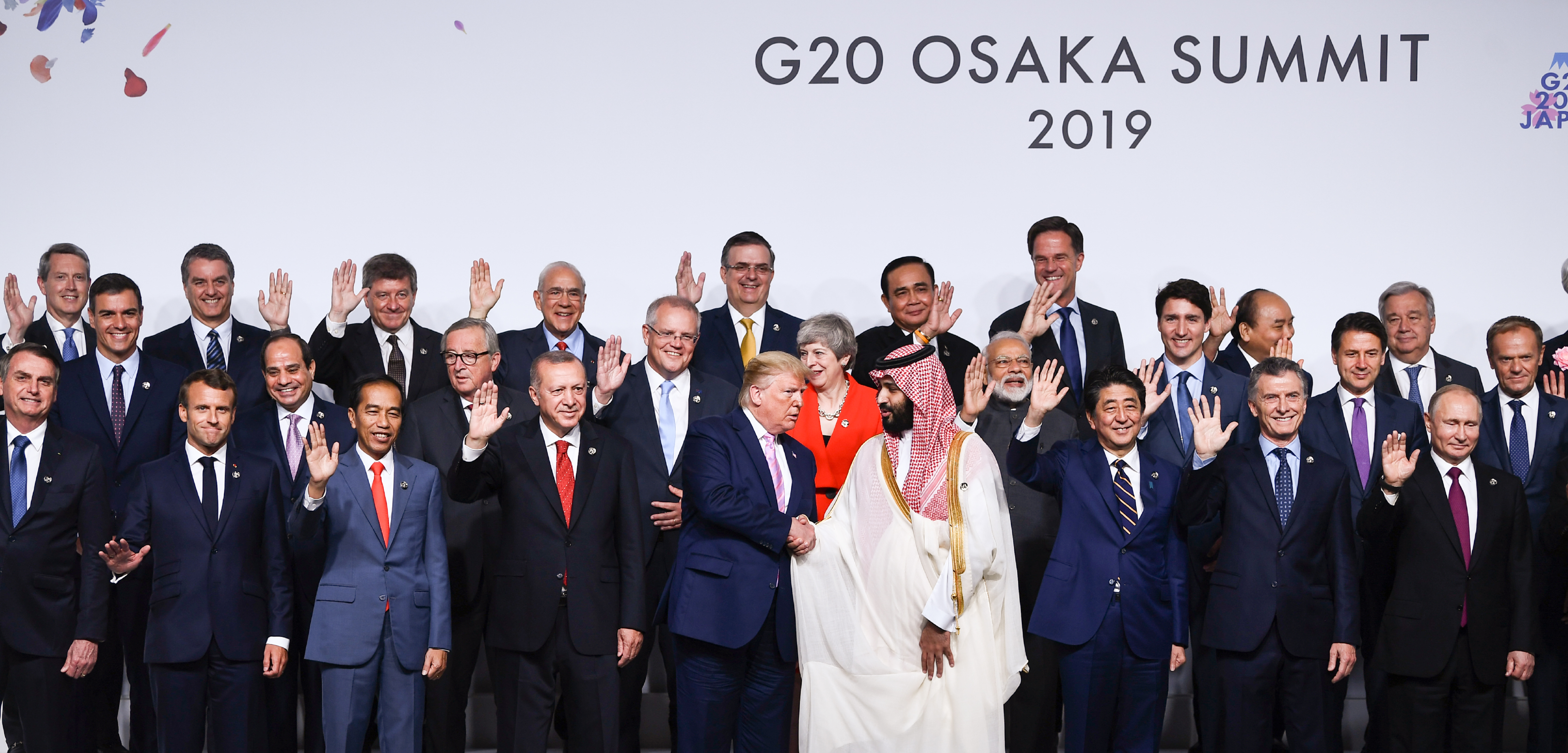Xi Jinping to Skip G20 Summit in New Delhi; China Announces Premier Li Qiang as Representative

Xi Jinping to Skip G20 Summit in New Delhi; China Announces Premier Li Qiang as Representative
Chinese President Xi Jinping’s absence from the G20 Summit in New Delhi, scheduled for September 9-10, has been confirmed by Beijing. Instead, China will be represented by Premier Li Qiang, as announced by the Chinese Foreign Ministry. This development occurs amid ongoing tensions between India and China, particularly concerning activities along their border.
It’s worth noting that summits like the G20 often provide an opportunity for world leaders to engage in diplomatic discussions and address important global issues. The absence of a head of state like President Xi Jinping can influence the dynamics of such meetings and potentially impact bilateral relations between countries involved.
Chinese President Xi Jinping’s decision not to attend the G20 Summit in New Delhi on September 9-10, 2023, is a notable development amid ongoing tensions between China and India, particularly along their border regions. These tensions have included military standoffs and border skirmishes in recent years, prompting concerns and diplomatic efforts to de-escalate the situation.

By sending Premier Li Qiang to represent China at the G20 Summit, it could be seen as a diplomatic move aimed at maintaining engagement with India and other G20 member nations while avoiding a high-profile appearance by President Xi Jinping, which might have carried more political implications. The decision to send Premier Li highlights China’s willingness to participate in multilateral forums despite regional tensions, emphasizing the importance of international cooperation in addressing global challenges.
It remains to be seen how this move will impact the dynamics at the G20 Summit and whether it will provide an opportunity for bilateral discussions and diplomatic efforts to ease tensions between China and India.
Chinese President Xi Jinping’s absence from the G20 Summit in New Delhi, India, raises questions about the ongoing tensions and geopolitical dynamics between China and India. While the Chinese Foreign Ministry has not provided a specific reason for President Xi’s decision, it is widely perceived that the border disputes and simmering tensions between the two nations could be a contributing factor.
Both China and India have been engaged in territorial disputes along their border regions, particularly in areas like Ladakh, which have led to military confrontations and escalated tensions in recent years. These disputes have been a source of concern in the region and for the international community. President Xi’s decision not to attend the summit may reflect a cautious approach, avoiding a high-profile event that could potentially highlight these tensions and affect diplomatic discussions.

The G20 Summit serves as an important platform for global leaders to discuss economic and geopolitical issues, and President Xi’s absence could impact the dynamics and discussions at the summit, especially regarding regional and global challenges. Diplomatic efforts between China and India will be closely watched in the coming months, as both nations seek to manage their complex relationship while participating in international forums like the G20.
US President Joe Biden’s disappointment over Chinese President Xi Jinping’s absence from the G20 Summit in New Delhi reflects the complex nature of international relations and geopolitics. President Biden’s comment highlights the importance of diplomatic engagement and the desire for global leaders to come together to address pressing issues.
The absence of both Xi Jinping and Vladimir Putin, the President of Russia, from the G20 Summit is notable and may impact the dynamics of discussions at the summit. Biden’s visit to India during this time adds another layer of significance to the summit, as it presents an opportunity for bilateral discussions between the leaders of the United States and India on a wide range of issues, including trade, security, and regional stability.
The release of a new territorial map by China asserting claims over India’s Arunachal Pradesh and Aksai Chin in Ladakh has indeed heightened tensions between the two countries. Both Arunachal Pradesh and Aksai Chin have been historically disputed regions, and this move by China has been met with strong opposition from India, which views these claims as baseless and without any merit.
This territorial dispute adds to the ongoing challenges in India-China relations, including border tensions, trade disputes, and strategic competition in the region. Diplomatic channels have been used in the past to address these issues, but a resolution has proven elusive.
The absence of Chinese President Xi Jinping from the G20 Summit hosted by India may further strain diplomatic relations, and it remains to be seen how these tensions will be managed and whether diplomatic efforts can lead to a peaceful resolution.
Russian President Vladimir Putin’s decision to skip the G20 Summit in-person due to the ongoing military operation in Ukraine reflects the gravity of the situation in Eastern Europe. The conflict in Ukraine has drawn widespread international condemnation and has strained Russia’s relations with many Western countries.

Putin’s absence and the decision to send Foreign Minister Sergey Lavrov in his place are symbolic of the geopolitical tensions surrounding the conflict in Ukraine. It’s expected that discussions surrounding the Ukraine crisis and its implications for global stability will be a significant topic during the G20 Summit, even in Putin’s absence.
The G20 Summit is an important forum for addressing global economic and political issues, and the participation (or lack thereof) of key world leaders can have a significant impact on the discussions and outcomes of the summit.
The G20 Leaders’ Summit is an annual gathering that brings together the heads of state or government from the Group of Twenty (G20) member countries and the European Union (EU). This international forum focuses on addressing key global economic and political challenges, promoting international cooperation, and fostering discussions on matters such as financial stability, trade, climate change, and more.

It serves as an important platform for leaders to engage in dialogue, exchange ideas, and work towards collective solutions to pressing global issues, ultimately aiming to achieve sustainable economic growth and stability on a global scale.



